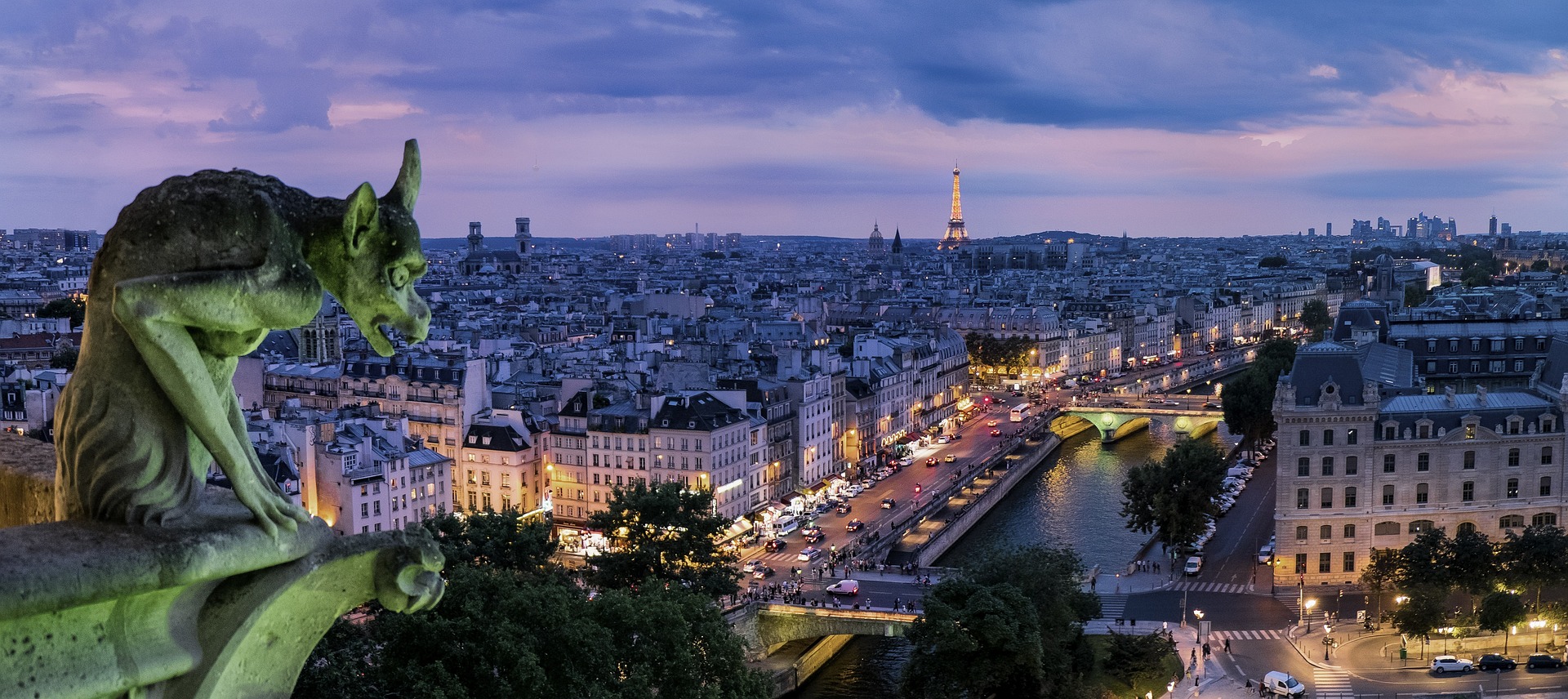“Even public companies with good intentions are under too much pressure to create short-term gain at the expense of long-term vitality and responsibility.”
Yvon Chouinard, Patagonia CEO
The founder of Patagonia, the outdoor clothing designer and manufacturing company, announced recently that he and his family are giving away all of their shares, worth an estimated $3 billion, to charitable trusts dedicated to saving the planet from climate change and ecological disaster. After reinvesting in the company, profits will be distributed to the trusts via dividends to be donated to selected causes.
Yvon Chouinard was a reluctant businessman, starting out as a craftsman making mountaineering equipment for himself and friends. That was fifty years ago. The enterprise grew and expanded into apparel. Patagonia have always followed a path of minimising their impact on the planet, donating a share of profits to ecological causes and making their products as ecologically friendly as possible. The widespread business model of planned obsolesence to increase customer repurchase rates is just one example of public companies creating short-term gain at the expense of long-term vitality and responsibility. Patagonia on the other hand, a privately-held company, bucked the fast-fashion trend and made their clothing as long-lasting as possible.
However, this didn’t go far enough for Yvon. He, his family and his team considered ways they could fight the ecological crises facing us and the planet. They considered selling the company and donating the proceeds to ecological causes. But this would have been a one-time benefit, albeit a large one, with no guarantee that they buyer would have maintained the company values. Another consideration was to go public to raise the funds, but the pressures caused by short-term profiteering made this a non-starter.
And so they created a third way – to donate all of the shares in the company into trust set up to uphold the values of the company long into the future and donate profits back into saving the planet.
There are of course critics. Some have suggested that this will be a drop in the ocean compared to the impact of Patagonia’s products on the planet. The use of wool has been criticised, for example, because of the emission of methane and land degradation associated with intensive sheep farming. Others suggest that it will just lead to more well-meaning, liberalist interfering in matters that should be left to indiginous people. Yet others say it is simply a way to avoid taxes.
Nonetheless, it has been described as an unprecedented move, based on a positive intention to give back. What would happen if more companies followed this path? The cause does not have to be saving the planet. Any number of worthy causes exist.
In a time in which there seem to be a growing number of voices against capitalism, has the greed of a few, and the seemingly ever-growing inequality between the wealthy and everyone else, created an irreparable movement against capitalism that will see it eventually destroyed?
Or does this story show another way for capitalism to be a force for good: compassionate and sustainable? Can there be a reimagining of what capitalism is about?
